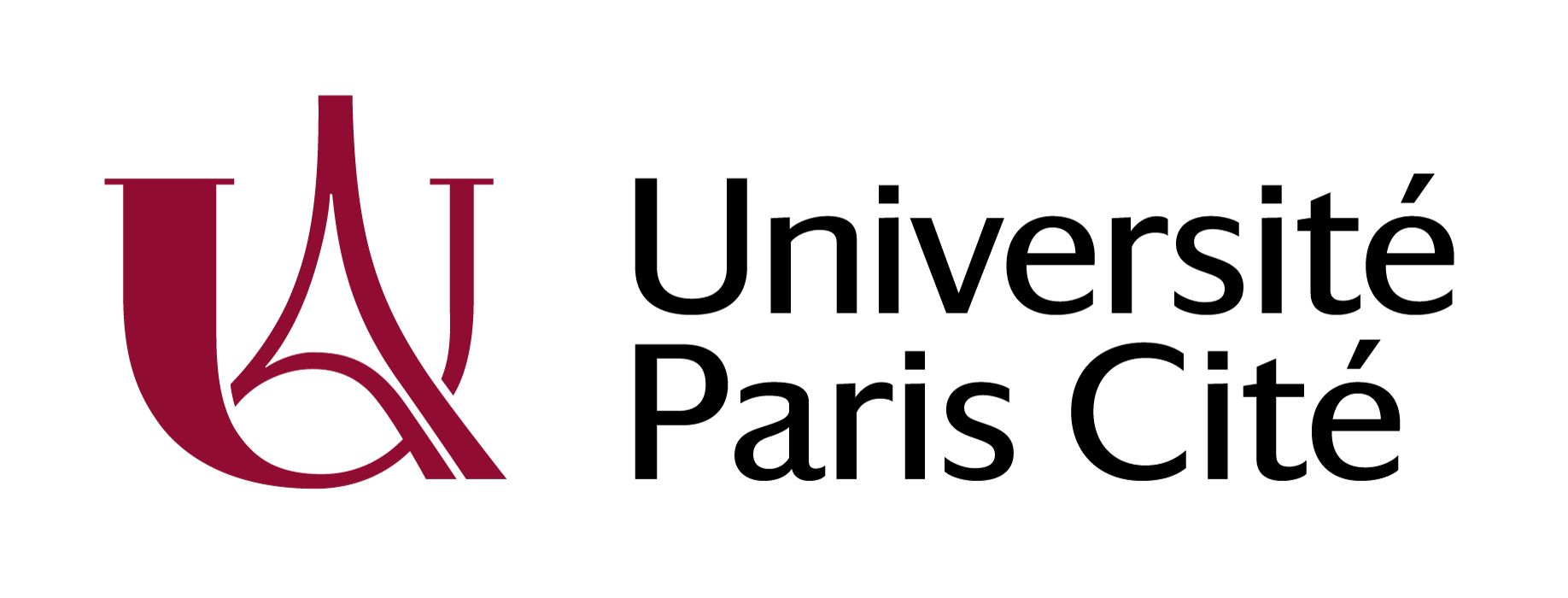Digital technologies and ILK in the Arctic: In search of epistemological pluralism
Résumé
The digital revolution is profoundly challenging to Indigenous societies in their relationships with non-humans. To guide research that involves Indigenous communities and digital technology, we analysed the impacts of such technologies on Indigenous knowledge systems from the perspective of environmental ethics and anthropology. Using the example of Sámi reindeer husbandry in Sweden, we found that digital technologies, rather than relying on sensitive ways of understanding and experiencing nature, potentially reinforce a Western worldview of reindeer husbandry, instead of valuing a Sámi ontology. Therefore, they have the potential to compete with Indigenous ways of interacting with humans and non-humans. Our analysis also underlines that research with Indigenous people using digital technology in participatory research projects may contribute to this competition rather than empower the Indigenous knowledge system. Based on these findings, we distinguish two ethical directions – co-construction and strong epistemological pluralism – that can be followed to address concerns about the effects of the development of digital technologies on the diversity of knowledge systems in the Arctic, and elsewhere.
| Origine | Fichiers produits par l'(les) auteur(s) |
|---|
